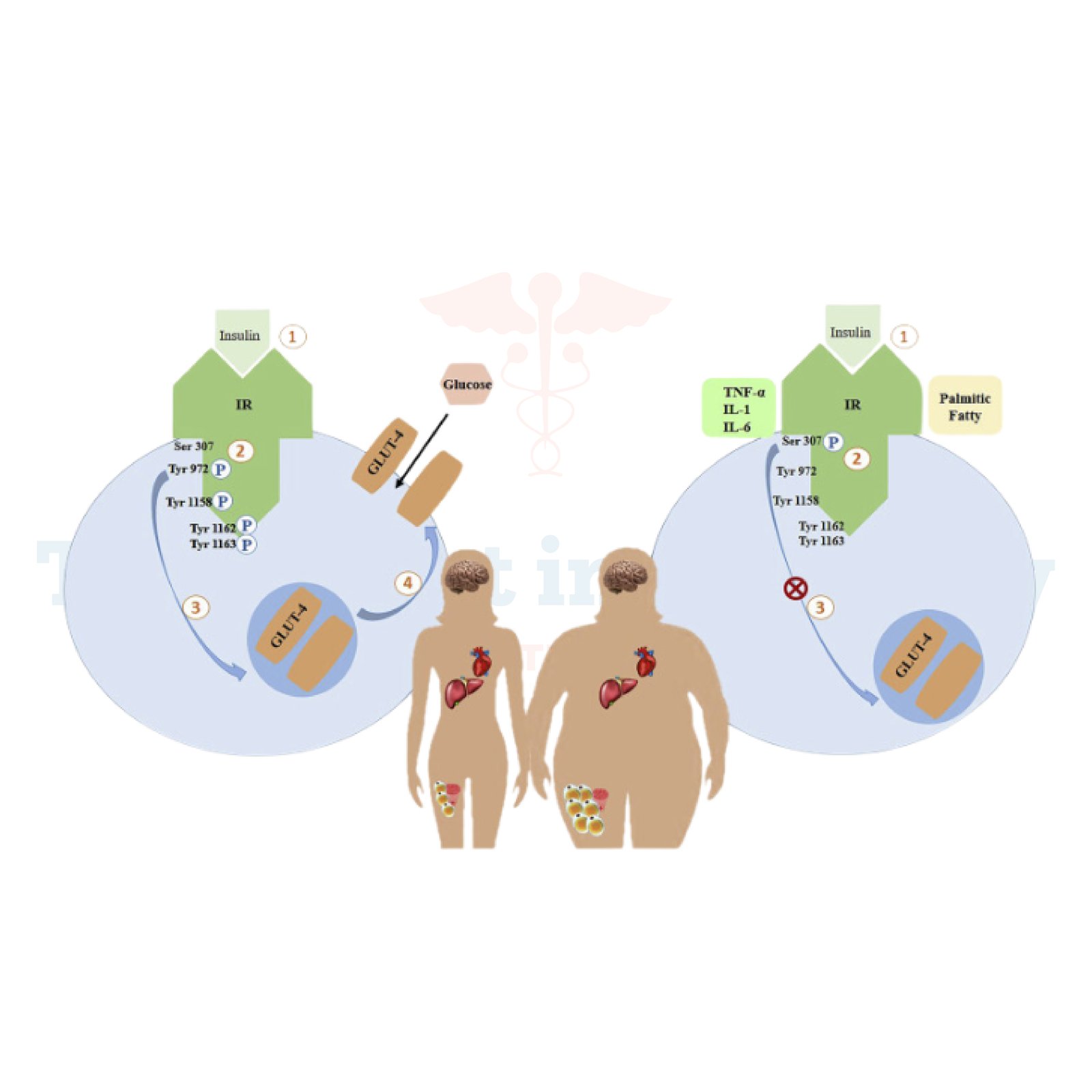What is Severe Obesity?
Severe obesity, also known as morbid obesity, is a chronic medical condition characterized by an excessively high body mass index (BMI). It typically indicates a BMI of 40 or higher, which significantly exceeds the healthy range.
This condition results from a complex interplay of genetic, environmental, and lifestyle factors, leading to an excessive accumulation of body fat.
Side Effects of Severe Obesity
Living with severe obesity can significantly impact both physical health and quality of life. Some common side effects include:
How is Severe Obesity Diagnosed?
Diagnosis of severe obesity is primarily based on BMI calculations. In Germany, healthcare providers use BMI as a screening tool.
BMI is calculated by dividing weight in kilograms by the square of height in meters (BMI = weight (kg) / height² (m²)). A BMI of 40 or higher indicates severe obesity.
Additionally, healthcare professionals may conduct a thorough medical history and physical examination to assess associated health risks and complications.
Potential Treatments for Severe Obesity
In Germany, treatment options for severe obesity are comprehensive and aimed at achieving sustainable weight loss and improving overall health. Some potential treatments include:Lifestyle Modifications: Such as dietary changes and regular physical activity under the guidance of healthcare professionals.


.webp)
 (1).webp)

.webp)
 (1).webp)


.webp)
 (1).webp)

.webp)
 (1).webp)
